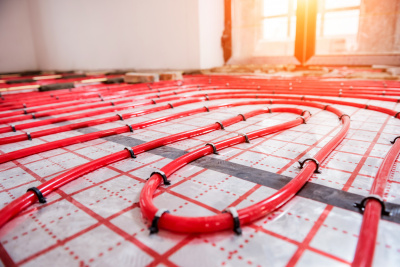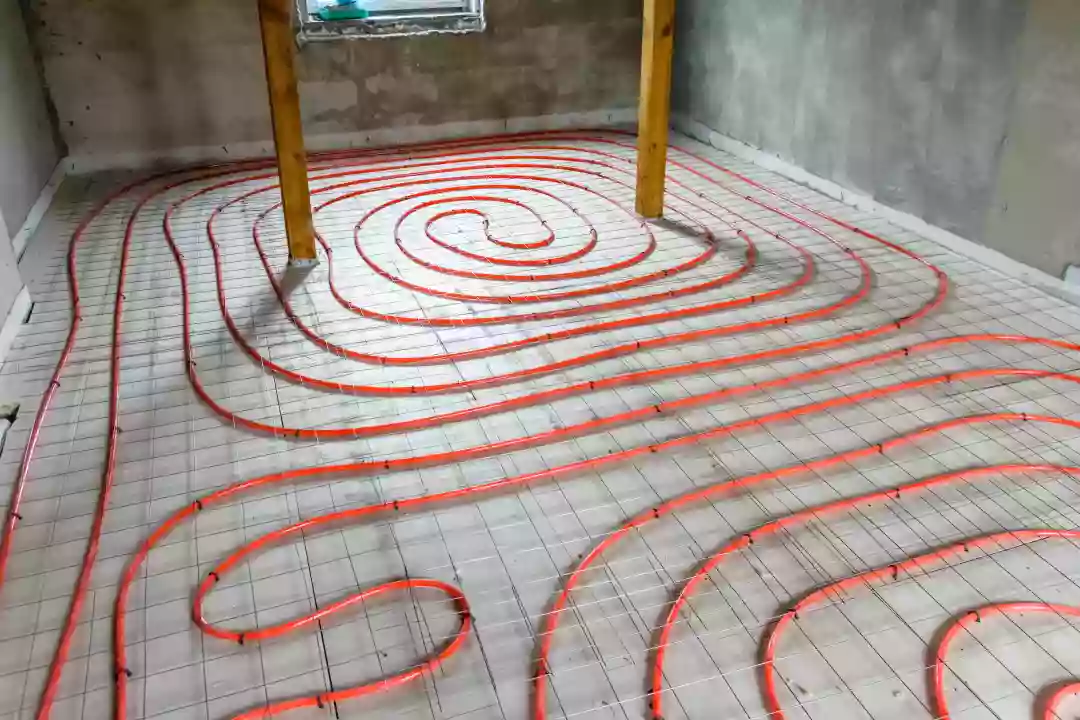Is planning permission required for installing underfloor heating?
If you are considering installing underfloor heating in your home, it is important to determine if planning permission is required beforehand. The need for planning permission depends upon where the property is located and the extent of the work. Generally, if you are installing underfloor heating in a new build or existing building, then planning permission is unlikely to be necessary. However, if you are making alterations which will affect the structure of the building, then you will likely need planning permission.
The following buildings typically do not require planning permission when installing underfloor heating: Single storey extensions, Loft Conversions, Extensions to an existing conservatory, and any garage conversion. For any alterations to listed properties, it is important to check with the planning department first.
Which building regulations cover underfloor heating?
The building regulations for underfloor heating are quite extensive and in most cases, all installations must comply with these regulations. The main regulations include Part P (electrical safety), Part L (energy efficiency and insulation) and Part G (water safety) of Building Regulations. It is also important to ensure that any heating system installed complies with the relevant Gas Safety Regulations.
The best way to ensure compliance with the building regulations is to use a qualified installer to install the underfloor heating system. They will be able to advise you on the latest specifications and safety standards and explain how to meet them. Professional installers will also be able to provide detailed advice on how best to install the underfloor heating system and give advice on energy efficiency and cost savings.

Need assistance finding underfloor heating near you?
Get a QuoteWhat are the British standards for underfloor heating?
In the UK, all underfloor heating systems should adhere to the British Standard BS EN 1264. This standard outlines the specifications for the design, installation and operation of both wet and electric underfloor heating systems. It covers topics such as thermal performance, safety and installation requirements for electric heating systems, as well as water temperature control and pressure testing for wet systems.
It is important to note that the British Standard also requires that an Underfloor Heating System Report must be completed and submitted to the Local Building Control Authority. The report should detail any deviations made to the installation and give details of any new products used, as well as the overall system performance.
Which is the best underfloor heating system for period properties?
For period properties, the two most common choices of underfloor heating are electric and water. Both of these systems require a professional installer and are the best options for older properties. Electric underfloor heating is usually the less expensive option and will take up less space than water systems, but it can be difficult to control the temperature accurately.
Water-based systems tend to be more efficient and they have a lower running cost, as they take advantage of the natural thermal mass in the property. This means that the heat generated from the system will be retained for longer periods of time, leading to better energy efficiency and cost savings. Water-based systems are much easier to control the temperature accurately, allowing you to tailor the system to suit your needs.
What about DIY?
While many homeowners carry out DIY projects on their homes, it is important to note that installing an underfloor heating system is not an ordinary project and should never be attempted without the help of a qualified professional. There are a number of safety considerations that must be taken into account before attempting any installation. The main reason for this is that the wrong installation could cause injury, damage to property, or void any insurance and warranty claims.
Therefore, it is strongly advised to always use a qualified and experienced installer when installing any underfloor heating system. A professional installer will be able to advise on the best type of system for your property and ensure that it is installed correctly and safely. They can also provide regular maintenance and guarantee the system in case of any faults or problems.
In this article:

